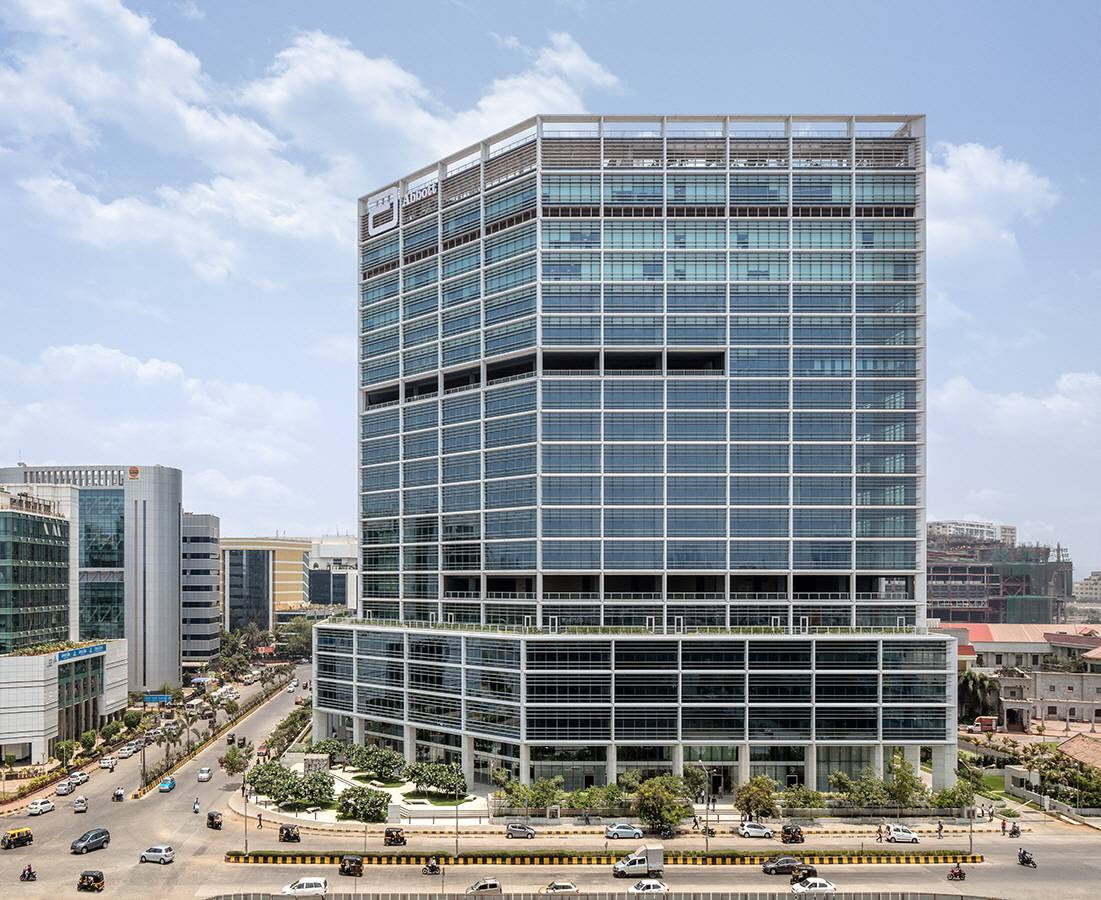In a development marking a new approach in India’s premium residential segment, Etonhurst Capital Partners has acquired 37 luxury apartments in Worli, Mumbai, from Lodha Group for over ₹500 crore. Industry trackers identify this as the first recorded institutional bulk purchase of unsold inventory in the country’s high-end housing market.
The apartments form part of the Lodha Malabar residential tower, which had been marketed as part of Lodha Group’s premium housing portfolio. The transaction enables the developer to monetise a significant portion of its inventory through a single sale, while Etonhurst Capital Partners takes over responsibility for marketing and selling the units to end customers.
The agreement involves the purchase of 37 completed apartments in one block transaction. Each residence measures approximately 2,500–3,000 sq. ft., with layouts targeted at upper-tier buyers. Under the arrangement, Etonhurst Capital Partners will control the pace of sales, pricing, and marketing, operating without the sales timelines typically faced by developers.
For Lodha Group, the deal provides immediate liquidity and reduces holding costs associated with premium inventory. For Etonhurst Capital Partners, it offers exposure to high-value residential assets in a prime location, with potential to generate returns from both price appreciation and rental income over time.
Market Context and Significance
The luxury housing segment in Mumbai has recorded steady sales growth over the past three years, supported by domestic end-users, non-resident Indians, and high-net-worth individuals. Buyers in this category increasingly prefer larger residences with extensive amenities, a trend reinforced by changing lifestyle requirements and evolving work patterns.
Institutional acquisitions in residential real estate remain uncommon. Most such transactions in India have been in commercial office, retail, or logistics assets, which provide predictable rental yields. The Etonhurst-Lodha deal indicates a shift in investment strategies, with some institutions willing to participate in residential opportunities if the product quality, location, and pricing align with long-term objectives.
It also illustrates how developers are adopting flexible monetisation strategies. By securing a single large-scale transaction, they can de-risk projects, improve cash flow, and redirect capital into ongoing or future developments.
Worli’s Role in Mumbai’s Housing Market
Worli, located in South Mumbai, is a well-established premium residential destination. It offers proximity to major business districts including Lower Parel and Bandra-Kurla Complex, as well as access to retail, dining, and leisure infrastructure. Over the past decade, the locality has attracted multiple high-rise luxury projects catering to both domestic and overseas buyers.
Ongoing infrastructure upgrades, including the Mumbai Coastal Road and Mumbai Trans Harbour Link, are expected to improve connectivity and reduce travel times to other parts of the city. These developments are anticipated to enhance Worli’s appeal among both end-users and long-term investors in the luxury segment.
Institutional Interest in Residential Assets
In India, institutional participation in the residential sector is still developing compared to more mature global markets. Challenges such as market cyclicality, lack of large-scale rental platforms, and regulatory factors have historically limited such investment. However, the combination of strong demand in the luxury category and opportunities for negotiated pricing is prompting some investors to explore residential asset acquisitions.
The Etonhurst-Lodha transaction suggests that under the right conditions—premium location, completed inventory, and competitive pricing, bulk acquisitions can work as a viable investment model. Although this transaction is significant in scale and positioning, its success could lead to similar inventory purchases in Mumbai, Delhi-NCR, Bengaluru, and other cities with established premium markets.
If early transactions of this kind deliver expected returns, institutional residential acquisitions could form a niche within the Indian real estate investment landscape. Developers may consider such deals as part of their project funding and risk management strategies, while investors could selectively target projects in high-demand micro-markets where branding and quality are established.
With demand for premium homes holding firm in India’s major cities, and institutional investors showing readiness to engage in residential transactions, bulk inventory buyouts could emerge as an additional tool shaping sales and funding strategies in the luxury housing market.









